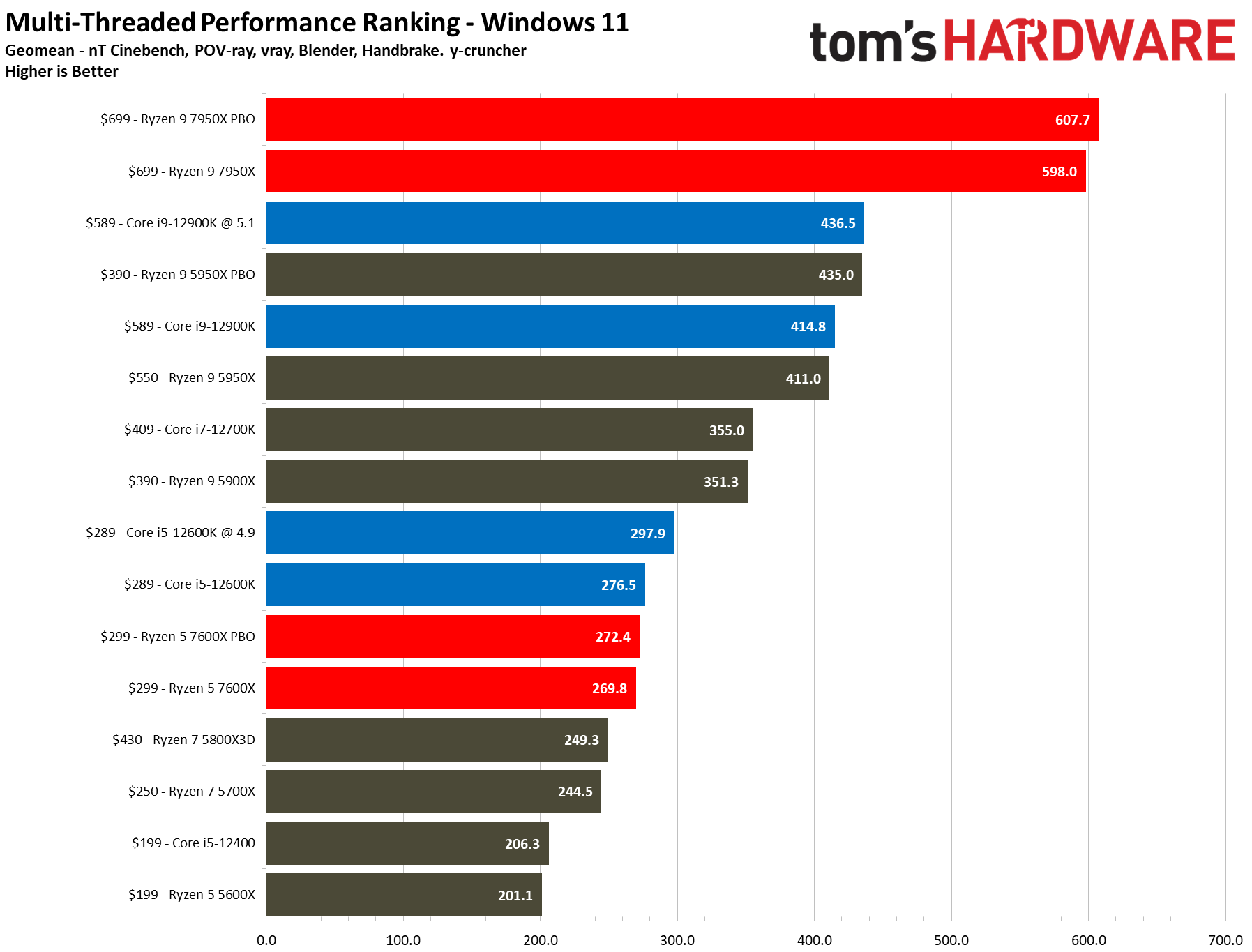Socialize the costs, privatize the gains and still raise prices on top when taxpayers have already paid more than their share of your increased costs and still had abnormally high profit margins?
That's not what I said. You're taking a simple point I made, festooning it with a lot of baggage, and putting it into a specific political and economic context. My point was an abstract one, and how well or poorly it's implemented has more to do with the specific system. The fact is that many governments underwrite these activities for the reasons I mentioned.
If we want modern process nodes and price stability, I don't see you pitching any better ideas.
I bet a lot of Intel and other major corporations' reckless spending is due to the "we'll get bailed out by governments for our screw-ups anyway" mentality.
You're really starting to get unhinged, here. An engineering company, like Intel, is not like a bank. Maybe the government would step in to keep some of its fabs operational, in the event of a bankruptcy scenario. But, if it ever came to that, the amount of damage done to the rest of the organization would be catastrophic and probably something they'd never recover from. I'm sure "government bailouts" were
nobody's "plan B", at Intel. Let's be clear about this:
if things at Intel ever got so bad they needed a government bailout, every C-suite exec would've been tossed out and most of senior management would be replaced. Worse (for them), most of their compensation is in stock options, which would be worthless after the stock price completely cratered. That's why I'm so sure none of them views it as a viable plan B.
Intel's recent financial performance is not due to "reckless investments", but mainly a problem of building up too much inventory and very costly & unfortunate delays. Sapphire Rapids missed its product window, and you cannot overstate the damage that did to Intel's bottom line. Similarly ARC missed the pandemic gaming/mining boom, which probably could've made it profitable.
As for the layoffs and closing of business units, that's
business as usual, at Intel. They try a bunch of things, and kill off the ones that don't pan out. It's like a venture capitalist approach, where they don't need to have all their eggs in the right basket, as long as they make sure they have an egg in any basket that looks like it might turn out to be the next big thing.



